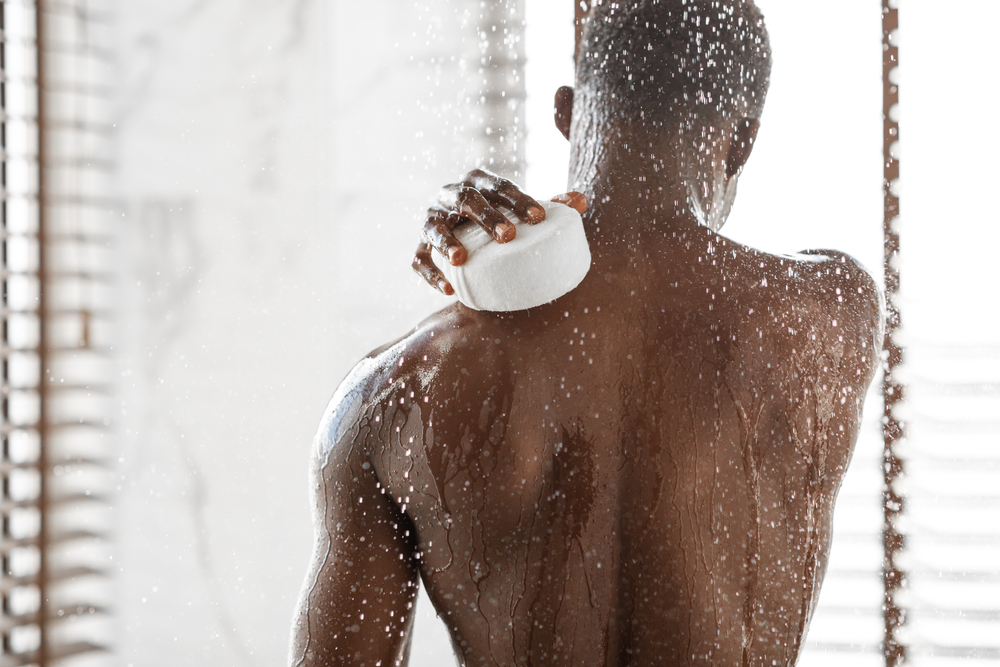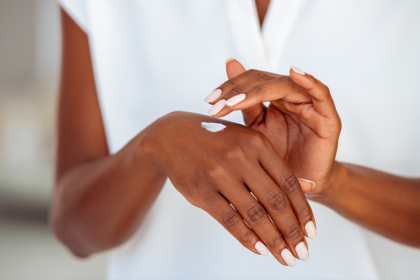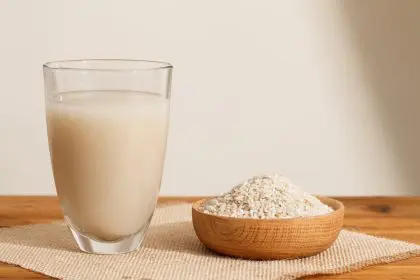While many people find hot showers relaxing and comforting, emerging research suggests that excessive heat during bathing may compromise both skin health and overall well-being. Understanding these effects helps make more informed decisions about daily hygiene routines and promotes better health practices.
Impact on skin integrity
Hot water significantly affects the skin’s natural protective barriers. The outer layer of skin, known as the stratum corneum, contains natural oils (sebum) that maintain moisture balance and protect against environmental factors. Extended exposure to hot water dissolves these protective oils, leaving skin vulnerable to dryness and irritation.
The disruption of the skin barrier extends beyond simple moisture loss. When hot water compromises this protective layer, the skin becomes more susceptible to external irritants and bacterial invasion. This increased vulnerability often leads to inflammation, redness, and potential infection risks.
Chronic skin conditions
Individuals with existing skin conditions face particular challenges from hot showers. Conditions like eczema, psoriasis, and rosacea often worsen with heat exposure. The elevated temperature triggers inflammatory responses, potentially leading to condition flare-ups and increased discomfort.
Hot water exposure can initiate a problematic cycle: the heat triggers histamine release, causing itching sensations. This often leads to scratching, which further damages the skin barrier and increases inflammation. Breaking this cycle requires adjusting bathing habits and water temperature.
Cardiovascular considerations
Hot showers affect more than just skin health – they can impact the cardiovascular system. The heat causes blood vessels to dilate, a process called vasodilation. While this dilation temporarily lowers blood pressure, the body compensates by increasing heart rate and overall blood pressure to maintain circulation.
This cardiovascular response, while typically manageable for healthy individuals, may pose risks for people with existing heart conditions or blood pressure issues. The sudden changes in blood pressure can cause dizziness, particularly when transitioning from hot water to cooler air temperatures.
Hydration effects
Extended exposure to hot water contributes to body dehydration through multiple mechanisms. The heat increases blood flow to the skin surface, promoting fluid loss through sweating. Additionally, hot water strips natural moisture from the skin more effectively than tepid water, potentially leading to systemic dehydration over time.
Hot showers also increase transepidermal water loss – the natural process of water evaporating from the skin surface. This increased loss can leave skin feeling dry and tight, particularly in low-humidity environments or during winter months.
Beneficial alternatives
Adopting modified bathing practices can maintain hygiene while protecting skin and overall health. Lukewarm water provides effective cleansing without compromising the skin barrier or triggering cardiovascular stress. This moderate temperature allows for thorough cleaning while preserving natural skin oils.
Shorter shower durations, typically 5-10 minutes, minimize potential negative effects while still providing necessary cleansing. This time limit helps prevent excessive oil stripping and reduces cardiovascular strain from prolonged heat exposure.
Therapeutic considerations
While regular hot showers may pose health risks, certain situations warrant controlled heat exposure. Muscle soreness from exercise or physical activity may benefit from brief warm water exposure, which can help increase blood flow and reduce muscle tension.
Similarly, the steam from warm showers can temporarily relieve nasal congestion and respiratory discomfort. However, these therapeutic uses should remain limited in duration and temperature to avoid potential negative effects.
Optimal bathing practices
Implementing healthy shower routines requires attention to several factors:
Water temperature should remain comfortably warm rather than hot, typically below 105°F (40.5°C). This temperature range provides comfort while minimizing risks to skin and cardiovascular health.
Post-shower care proves equally important. Applying moisturizer to slightly damp skin helps lock in hydration and restore any moisture lost during bathing. Using gentle, fragrance-free products further protects sensitive skin barriers.
Moving forward
Understanding the effects of water temperature on health allows for more informed bathing choices. While occasional warm showers likely pose minimal risks for healthy individuals, establishing moderate temperature bathing habits promotes better long-term skin and overall health outcomes.
Important considerations include:
- Maintaining moderate water temperatures
- Limiting shower duration
- Using gentle cleansing products
- Implementing proper post-shower care
- Recognizing individual health needs
Through thoughtful attention to these factors, individuals can develop bathing routines that maintain both cleanliness and health while avoiding potential risks associated with excessive heat exposure.
This story was created using AI technology.
















